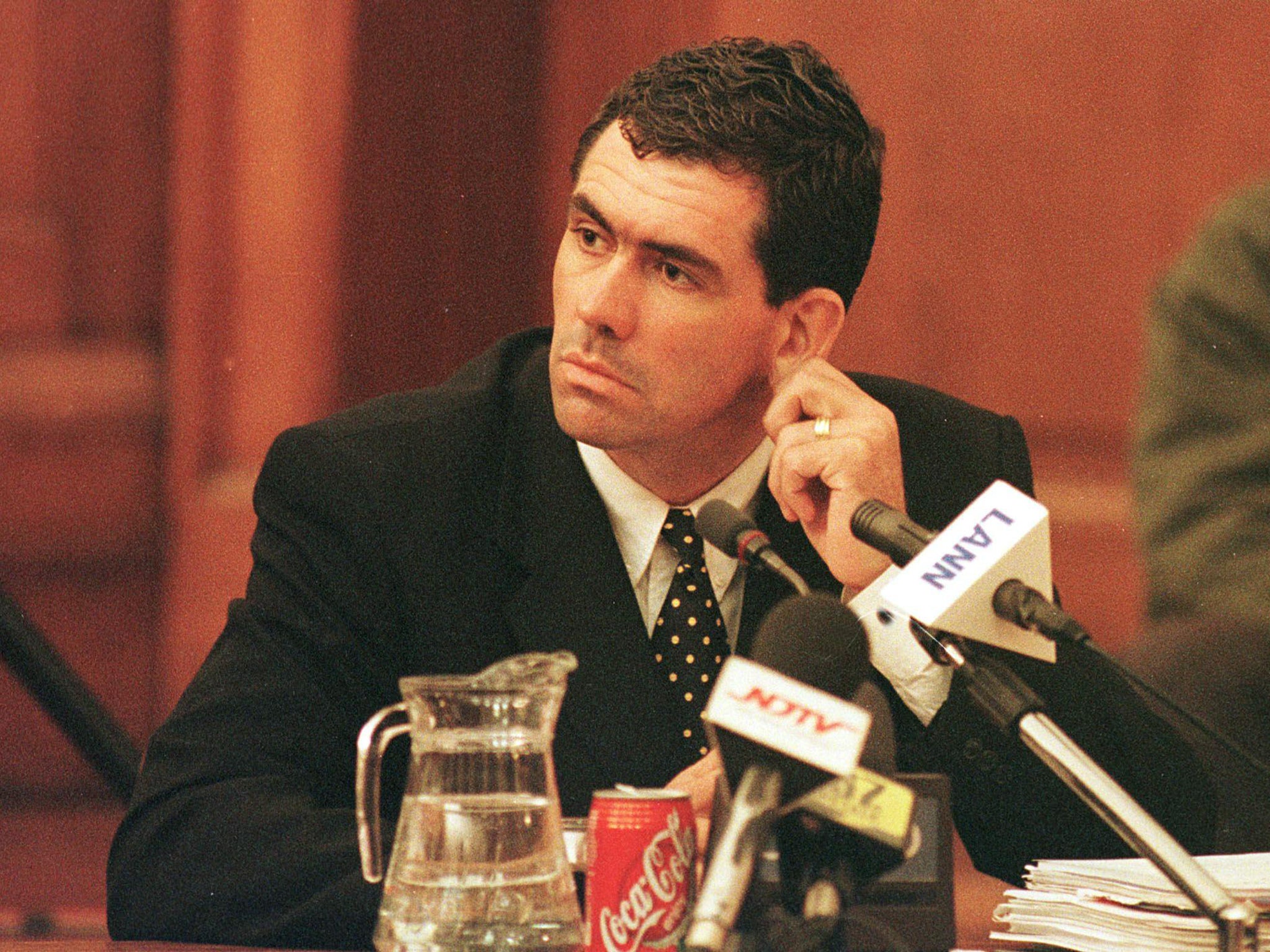Chris Cairns verdict does nothing to allay fears game is open to corruption
It remains to be seen if players will be encouraged to report approaches

Your support helps us to tell the story
From reproductive rights to climate change to Big Tech, The Independent is on the ground when the story is developing. Whether it's investigating the financials of Elon Musk's pro-Trump PAC or producing our latest documentary, 'The A Word', which shines a light on the American women fighting for reproductive rights, we know how important it is to parse out the facts from the messaging.
At such a critical moment in US history, we need reporters on the ground. Your donation allows us to keep sending journalists to speak to both sides of the story.
The Independent is trusted by Americans across the entire political spectrum. And unlike many other quality news outlets, we choose not to lock Americans out of our reporting and analysis with paywalls. We believe quality journalism should be available to everyone, paid for by those who can afford it.
Your support makes all the difference.Throughout its lamentable existence the Indian Cricket League looked shady. Cricket’s official authorities declined any kind of support (though for commercial rather than ethical reasons) and it was destined to be a hole in the corner competition featuring moderate cricketers with a smattering of former great players.
Rumours abounded from the start that it might not be a model of probity. In short, there were suspicions that if matches were not rigged then spot-fixing was rampant. Chris Cairns was not involved, a jury has effectively decided.
By a majority verdict it found Cairns not guilty of perjury during a previous trial when he said that he had “never, ever cheated at cricket.” Cairns won £90,000 in libel damages from Lalit Modi who accused him of match-fixing. At the time, Modi was commissioner of the Indian Premier League, an officially backed tournament which was set up as a rival of the ICL.
The jury’s verdict might have exonerated Cairns but it did nothing to allay fears that cricket was and is open to corruption. More than a decade since the most notorious match-fixer of all, the former South Africa captain, Hansie Cronje, was accused in India, the International Cricket Council is still failing to convince that its endeavours are either effective or robust.
The Cairns trial may not offer much reason for optimism. He was not guilty but it is difficult to see how those who are may now be tracked down. Cairns, naturally delighted to be cleared, seemed also to be aware that he may not be welcomed back any time soon into the cricketing fold.
It remains to be seen whether players will be encouraged to report approaches in the future. A large part of the case against Cairns depended on the testimony of Lou Vincent, the only man to confess to match-fixing, and Brendon McCullum, who waited years before he reported that Cairns had approached him.
The jury was told that it had to believe the evidence of at least two of the three key witnesses – Vincent, his former wife, Eleanor Riley or McCullum. Its verdict showed it clearly did not and while it might never be known what it thought precisely, if neither Vincent nor McCullum were trusted, others may not be keen to pass on information to the ICC.
It was a good day for Cairns but that did not necessarily make it a good day for cricket.
Join our commenting forum
Join thought-provoking conversations, follow other Independent readers and see their replies
Comments